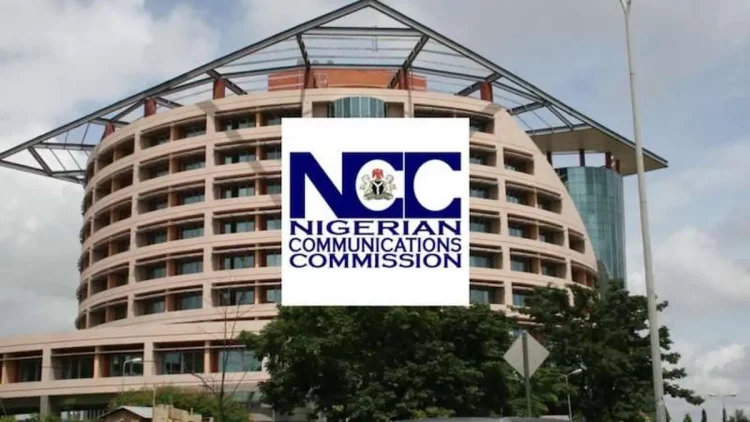The Nigerian Communications Commission (NCC) yesterday in Lagos held a began workshop aimed at deepening the digital knowledge of judges and judicial officers with a view to adjudicating on conflicts.
The 2022 annual workshop is holding from November 28 to December 1, 2022 with the theme ‘The Digital World and the Future of Adjudication’, will also fertilise conversations on intellectual property, evolving dispute resolution mechanisms and legal liabilities in a digitalised world with pervasive internet connectivity.
The executive vice chairman of the commission, Prof Umar Danbatta said the increased reliance on telecoms, as well as the growth experienced in the sector has introduced some issues of legal connotation which will be deliberated upon by various experts during the course of this workshop. One of such is the ownership of online content and materials.
Danbatta said, “It is envisaged that with the increase in the amount of online content, as well as the economic value attached to it, there will be a rise in conflicts as to ownership of online content and materials. It is necessary that your Lordships are well prepared for the imminent increase in litigation in this area.”
“Furthermore, he said with an increase in the number of transactions and businesses taking place in the online space, it is also expedient for your Lordships to be exposed to the peculiarities of adjudicating conflicts in this era of digital presence and online identity.
“The aim of this forum is to further build the capacity of our distinguished Judges with practical insights on these emerging issues in the field of telecommunications. Based on the feedbacks received from participants in previous editions and the current state of jurisprudence on telecoms issues, the NCC has high hopes that the current workshop will further contribute to the development of telecommunications law in Nigeria,” the EVC added.
Meanwhile, the Chief Justice of Nigeria and chairman of the National Judicial Institute, Justice Olukayode Ariwoola, said the Nigerian judicial system has been challenged with delays in dispensing justice; however, with the introduction of ICT into the judicial space, many of the difficulties associated with the conventional methods are gradually being dispensed with.
The path to effective and efficient justice delivery in Nigeria lies in our ability to continuously improve our Justice sector with the use of ICT tools. In our effort to ensure that the Nigerian Judiciary becomes ICT compliant, we have inaugurated the Judicial Information Technology Policy Committee (JITPO-COM) in January 2012 to chart a course for the introduction of Court Technology into the Nigerian Courts.
Justice Ariwoola further stated that “In our desire to automate the Nigerian Judiciary, we have also developed and deployed the Nigerian Case Management System (NCMS) software. Indeed, the backbone of the court automation project is the Nigerian Case Management System (NCMS).
He said the goal of the NCMS is to provide for a seamlessly interfacing electronic platform for case management by all the courts in Nigeria. Some states High Courts are completely automated since October 2020, using the NCMS to receive and assign cases.
He said the committee has retrofitted the courtrooms in the Supreme Court of Nigeria to serve as model Technology Leveraged Courtroom (TLC). The NJC has since replicated this at selected Federal Courts.
The Technology Leveraged Courtrooms (TLC) have features that include Technology Enabled Judges’ Bench, High-Definition Audio / Video Recording Equipment, For-The-Record (FTR) Court Reporting Software, High Technology Mobile Podium for presentations, Document Camera, Enhanced Room Audio Speakers and Viewing screens in the gallery.











